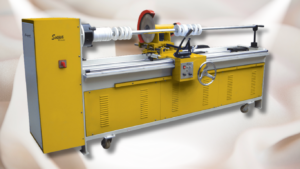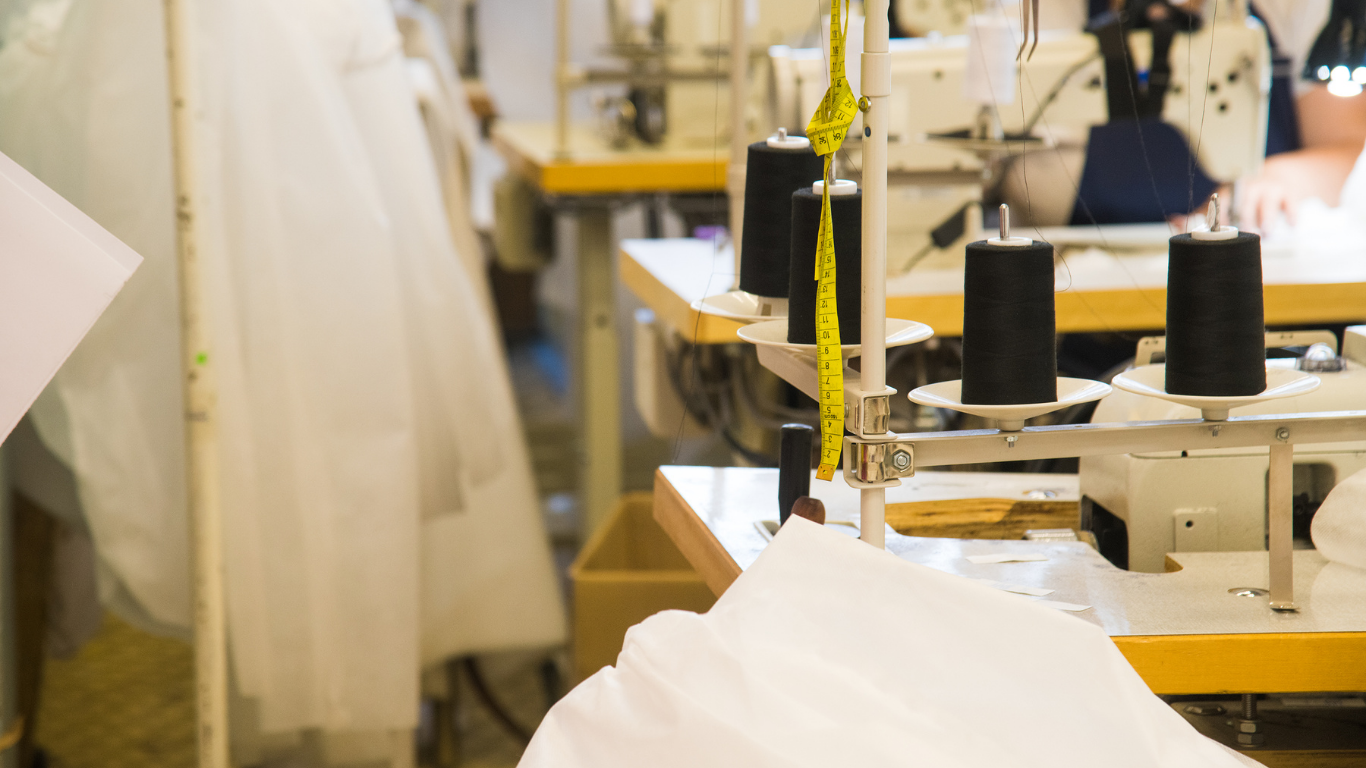Small Manufacturers, Global Expectations
In today’s fast-paced apparel industry, small garment manufacturers are under increasing pressure to meet global standards of quality, speed, and sustainability. From trims in Portugal to activewear in North Carolina and knitwear in Vietnam, the demand for scalable textile machinery for garment production is transforming how lean operations compete.
Fortunately, innovation is no longer exclusive to mega-factories. Today’s scalable textile machines are compact, intelligent, and built to empower small manufacturers—allowing them to grow efficiently without compromising craftsmanship. These advanced tools are reshaping how factories adapt, expand, and thrive in a global marketplace.
Success starts with choosing the right machinery—and scaling smart from the start.
The Power of Precision in a Compact Package
Gone are the days when automation was reserved for mega-factories. Today’s machines are modular, compact, and built to integrate seamlessly into lean production environments. They offer:
- High-speed performance without overwhelming your floor space
- Energy-efficient motors that reduce operational costs
- User-friendly interfaces that minimize training time
- Consistent output that supports quality control
Take the Svegea CMS 1800A2 Strip Cutter, for example. It’s engineered for high-speed strip cutting from tubular or open-width fabric—ideal for bias tape, trims, and bindings. Its compact footprint and low-maintenance design make it a smart fit for small operations looking to scale without stress.
Why Scalability Beats Size
Scalability isn’t about becoming a giant—it’s about being ready. With scalable machinery, you can:
- Respond quickly to seasonal surges
- Take on new contracts with confidence
- Maintain consistent quality across product lines
- Reduce reliance on manual labor during peak periods
This flexibility is especially critical in regions where labor costs are rising or skilled operators are in short supply. Machines like the CMS 1800A2 help bridge that gap, offering reliability without complexity.
Sustainability: A Strategic Advantage
Eco-conscious production is no longer a niche—it’s a requirement. Buyers across Europe and North America are demanding transparency, traceability, and reduced environmental impact. Textile machinery plays a pivotal role in meeting these expectations.
Modern machines consume less energy, produce less waste, and support cleaner workflows. For manufacturers aiming to align with ESG goals or attract sustainability-focused clients, upgrading equipment is a strategic move—not just a technical one.
Empowering Craft, Not Replacing It
Small manufacturers often pride themselves on craftsmanship. That shouldn’t change. But smart machines can support that craft by handling repetitive tasks, freeing up skilled workers to focus on design, finishing, and quality assurance.
It’s not about replacing people—it’s about enabling them to do their best work.
Transitioning Without Turbulence
Worried about disruption? Designers create today’s textile machines for smooth integration. With proper planning, upgrades can be implemented with minimal downtime. Scalable textile machinery systems for garment production offer multilingual interfaces and remote support, making onboarding faster and easier.
The CMS 1800A2, for instance, has an intuitive setup and reliable performance—making it a low-risk, high-reward investment.
Final Stitch: Invest in What Moves You Forward
The garment industry is evolving. Markets are more demanding, timelines are tighter, and sustainability is non-negotiable. For small and mid-sized producers, the path forward isn’t paved with massive capital—it’s built on smart, scalable decisions.
Modern textile machinery offers a way to grow without losing control. It’s not about chasing volume—it’s about building resilience.
Ready to explore how one machine could reshape your production flow? Contact Håkan Steene (h.steene@svegea.se) for a product demo or more details. No pressure—just possibilities.




